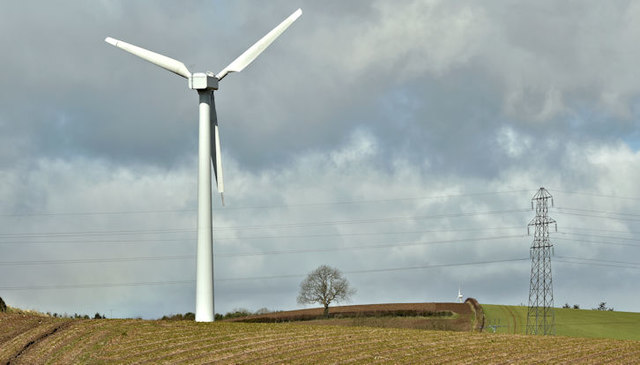Major policy and monetary support needed to improve our climate record, EU finds

March 2nd, 2020
The European Commission has found that the Climate Action Plan could be a “breakthrough” in the low carbon transition in Ireland but only with significant policy and financial support over the coming decades.
The Commission’s 2020 Country Report states that the Climate Action Plan is a “much needed breakthrough” as Ireland has “lagged behind” its European counterparts in tackling climate change so far.
The report indicates that Ireland made some progress on its 2019 recommendations to focus investment policy on the low carbon and energy transition, as well as investing in water management and sustainable transport. However, there are still significant gaps, the report finds.
“The transition to a climate-neutral and clean economy would require substantial private and public investment in skills, clean energy, water and in decarbonising sectors with high emissions,” the Commission said.
Greenhouse emissions in the transport, building and agriculture sectors are high and on a rising trend, the report finds, building on the latest projections from the Environmental Protection Agency.
The report reiterated the findings of the likes of the EPA and the Climate Change Advisory Council that meeting our 2030 and 2050 climate targets remain a “major challenge”.
A key issue, the report states, remains the fact that we have failed to fully decouple emissions and economic growth to date as “rising output continues to translate into higher energy demand in transport, industry and housing”.
While the Commission sees the climate plan as an “important step to address these challenges”, it says that its success will depend on the implementation of public measures that could trigger additional private investments.
“Sustained real GDP growth in the near term and a rising population mean that reducing greenhouse gas emissions in absolute terms will be a significant challenge and that decoupling could only be achieved via sustained and additional policy efforts,” the Commission found.
The plan has been criticised by climate and civil society organisations as lacking the required ambition to rapidly bring down emissions in line with UN recommendations.

In 2019 wind energy met a record 32.5 per cent of our electricity demand – the second highest in Europe and the highest in onshore wind.
While the share of renewable continues to increase, the Commission found that our reliance on fossil fuels still remains high and is causing a continued rise in CO2 emissions. Energy efficiency gains, it found, are “limited”.
In addition, the Commission found that we face challenges in meeting the UN’s climate-related sustainable development goals (SDG). A report released last month by Social Justice Ireland found that Ireland scores last on the environmental category among 15 European countries examined.
The move away from peat burning power stations into renewable energy sources, will potentially affect around 4,000 of the 110,000 workforce in the Midlands. The planned closure of Moneypoint’s coal station by the end of 2025 will impact an additional 750 jobs in Co Clare.
The report indicates that the State needs to invest more in more in education and training to provide workers with the skills required for a smooth and just transition to a climate neutral economy.
“Job gains could be expected in the construction, manufacturing or renewable sectors. These might be partly offset by job losses in sectors such as fossil fuel-related mining or quarrying,” the Commission report states.
In addition, the Commission argues that the restoration of peatlands could provide jobs and attract tourists to the Midlands, while also delivering major benefits for climate mitigation, adaptation and biodiversity.
[x_author title=”About the Author”]







